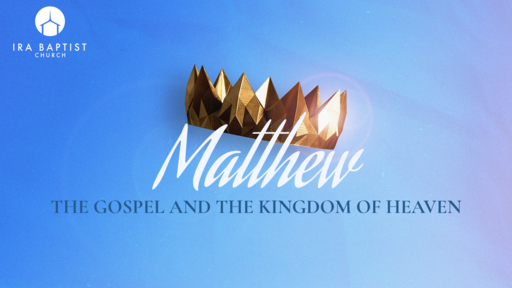The Good Shepherd leads through the Narrow Gate (Matthew 7:13-20)

Introduction
Fasting Associated with Repentance and Confession
The earliest Christian fasts seem to have been voluntary and were undertaken for a variety of reasons, such as self-discipline and reinforcement while praying. Calling for God’s blessing on the church’s mission, the church at Antioch engaged in fasting before sending out missionaries (
Fasting in the Early Church
A number of Christian authors comment on fasting, indicating that it was widely practiced by the church before the middle of the third century (Brattston, “Fasting,” 238). Various Christian documents reference fasting as an ongoing practice. While the Didache encourages fasting and mentions a twice-weekly fast (Did., 8:1), the Shepherd of Hermas conveys that obedience is more righteous than fasting (Shepherd of Hermas, Similtude 5:1–4).
The early church fathers might have believed that fasting could conquer temptations (Polycarp, Phil, 7:2) and prepare people for worship (Origen, Hom. Lev., 7.1.3; Brattston, “Fasting,” 239). Certain texts recommend fasting before baptism (Did., 7:4; Tertullian, Bapt., 20).
